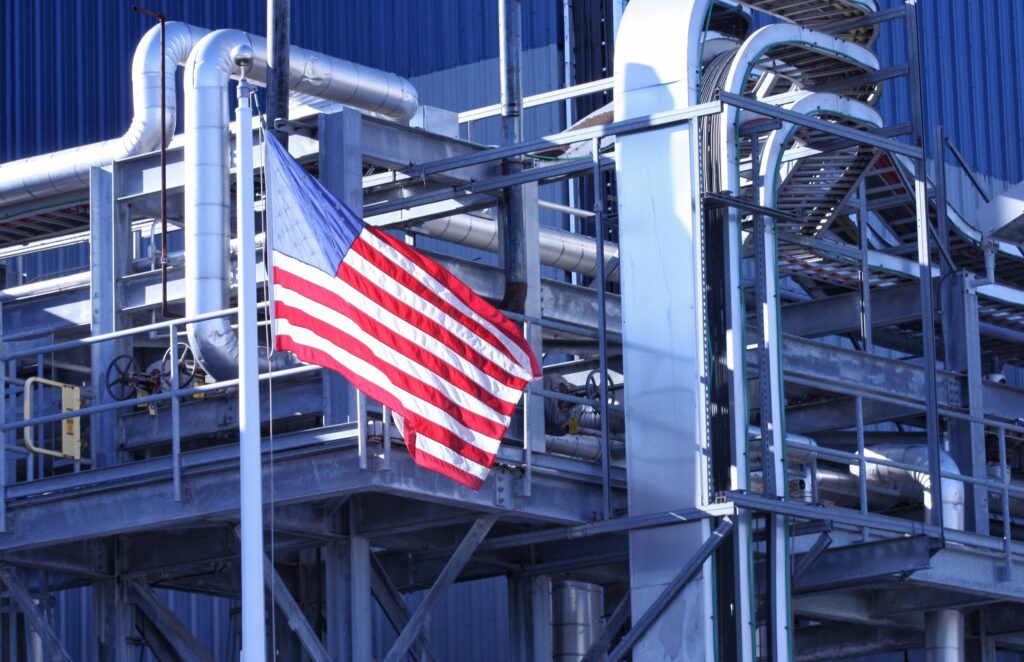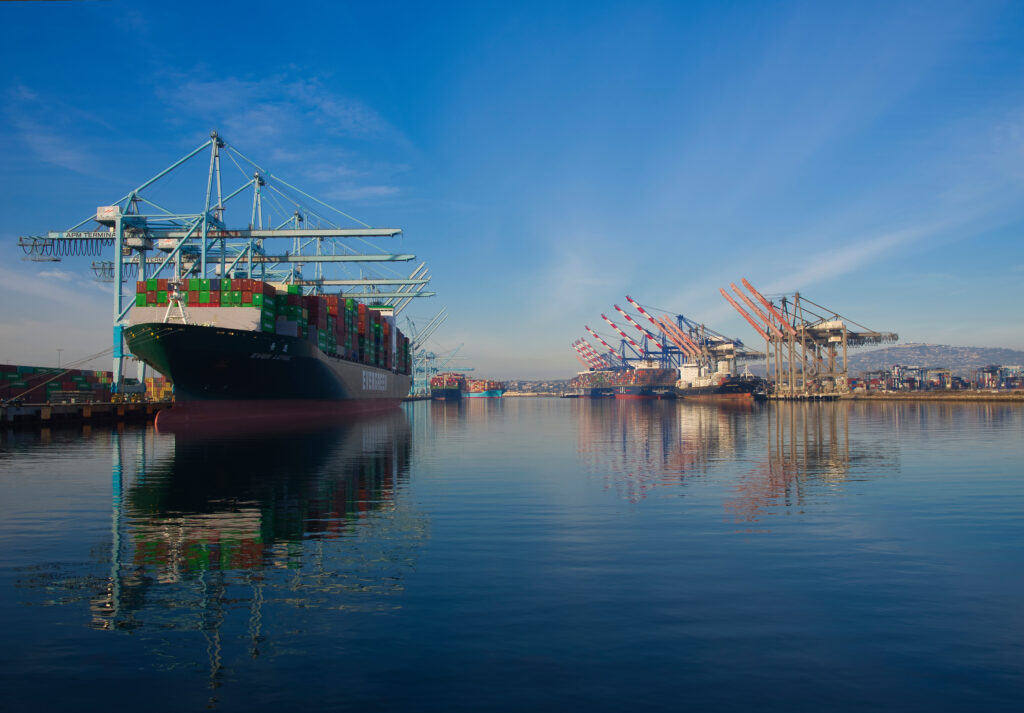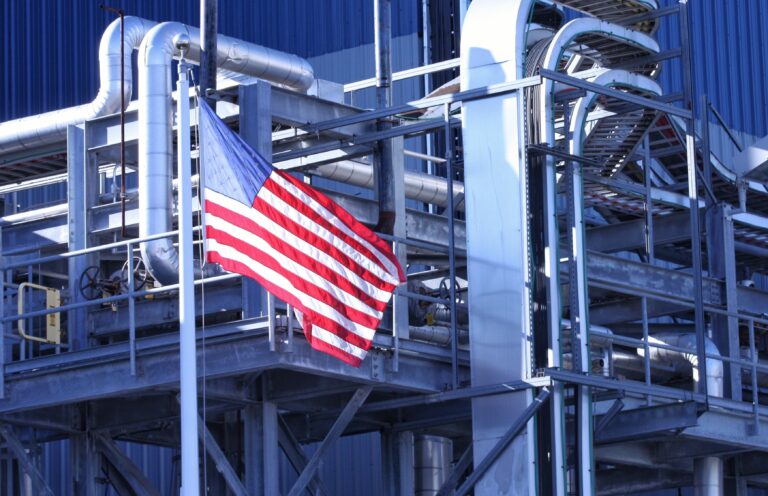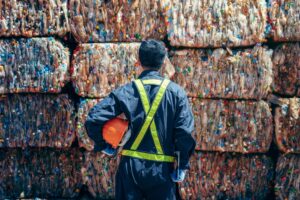
Plastic is one of the core materials for the products that we use daily. When disruptions in the supply of plastic happen, it can be felt around the globe.
Recent issues such as the pandemic, inflation, and geopolitical tensions are causing notable challenges in the plastics industry. For US manufacturers, the current conditions are an opportunity to close the gap with overseas plastic manufacturers, reduce the shortage, and gain market share.
Here is a deeper look at the supply chain issues that are giving US manufacturers a chance to gain an advantage in the supply of plastics worldwide.
Impact of Supply Chain Issues Related to COVID-19 Pandemic
The 2020 pandemic is the leading cause of the slowdown of the world’s plastics manufacturing, importing, and exporting. At the start of the pandemic, regulations slowed shipping operations and limited travel overall.
This led to companies having to slow down, or even halt production. The result was a global supply chain beginning to crumble as suppliers could not get their raw materials or products where they needed to go.
But while the production of plastics slowed, the demand for plastics did not. If anything, it likely increased as companies switched to disposable and single-use items to prevent contamination.
With a remaining high plastic consumption and low production, a gap in the market must be filled. US-based plastics manufacturers can fill this gap and gain a more significant portion of the market share if they can provide the needed plastic.

Global Shipping Disruptions
The most significant downfalls in supply chains come from shipping interruptions. The pandemic caused many ports to take strict inspection and quarantining measures, adding months to shipping trips and backlogs. Because shipping is the primary method of moving goods, delays create supply chain problems.
US manufacturers have an advantage as they can ship plastics overland in low-occupancy vehicles, such as trucks and trains, and bypass travel restrictions. This allows domestic companies to rebound to full production before the rest of the market.
How to Build a Resilient Plastics Manufacturing Supply Chain
Disruptions like these make it clear that plastics manufacturers need to find a way to build a more resilient and reliable supply chain.
Many manufacturers are turning to onshoring or nearshoring parts of their supply chain to steer clear of these risks. In fact, 68% of manufacturers plan to expand their US operations. Working with domestic manufacturing partners allows companies to avoid overseas risks such as tariffs, port restrictions, and more.
Get Help Building an Industry-Resistant Supply Chain
If you’re looking for a reliable plastics additives manufacturer, contact Phoenix Plastics and request a quote. We offer over 200 products that are 100% American-made. Our experienced staff can give you expert advice and ensure that you get the best possible product for your project.





